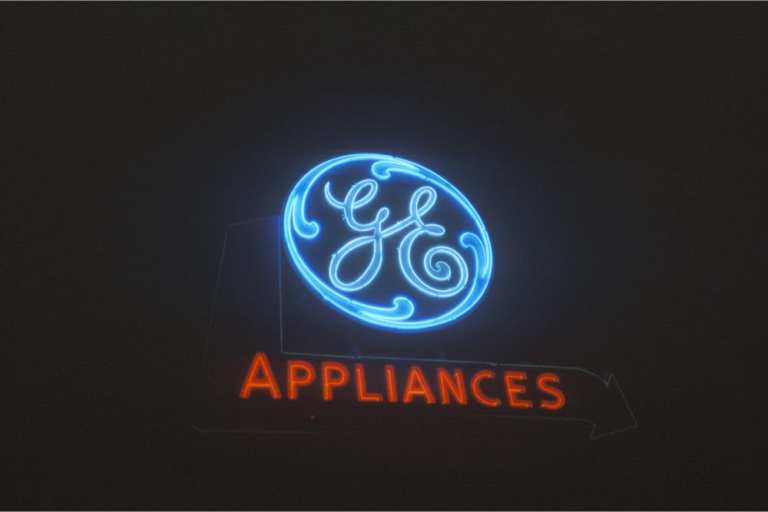GE Appliances Promises Smarter Technology

GE Appliances (GEA) has introduced what it’s calling a smart technology to improve a product’s life cycle.
SmartHQ Solutions, GEA said in a Thursday (June 25) announcement, is the first solution in the industry to connect these technologies.
“In today’s world, we are digitizing our behaviors more than ever before,” said Shawn Stover, executive director of SmartHome Solutions for GE Appliances, in a statement. “That’s why we are launching SmartHQ, the first end-to-end smart solution that combines our full suite of smart services and appliances making us the easiest appliance manufacturer to do business with, manage, use and service.”
GE Appliances said it has more than 450 connected appliance products across brands. With SmartHQ Solutions, GEA said it will extend its footprint beyond smart appliances to improve distribution, fleet management, home usage and service, giving owners control of their headquarters, whether that’s home, an office or job site.
The distribution platform promises to combine technology and infrastructure to make it possible to reach 90 percent of the country with improved quality and lower damages, GEA said.
Smart management is designed to monitor 100 appliances at a time, such as setting the temperatures for every room air conditioner unit in a hotel rather than manually checking each room, or the ability to ensure all appliances are in peak condition in an apartment complex.
Its smart service allows technicians to plug in and communicate with connected appliances for faster and more accurate diagnostics.
In April, Karen Webster wrote it had taken Americans less than a month to move to a largely digital existence due to COVID-19.
“How consumers shop, bank, work, work out, worship, eat, entertain themselves and their families, stay connected socially and even tap into healthcare services is now almost entirely online,” she observed then.
By the end of 2019, the connected economy was changing with an increased use of integrating connected devices and new tech into their day-to-day routines.
In January, PYMTS reported it was clear the 2020s will see the demand for platforms to enable that cash-to-digital shift, and for companies in the connected economy to meet the needs of these emerging digital natives.